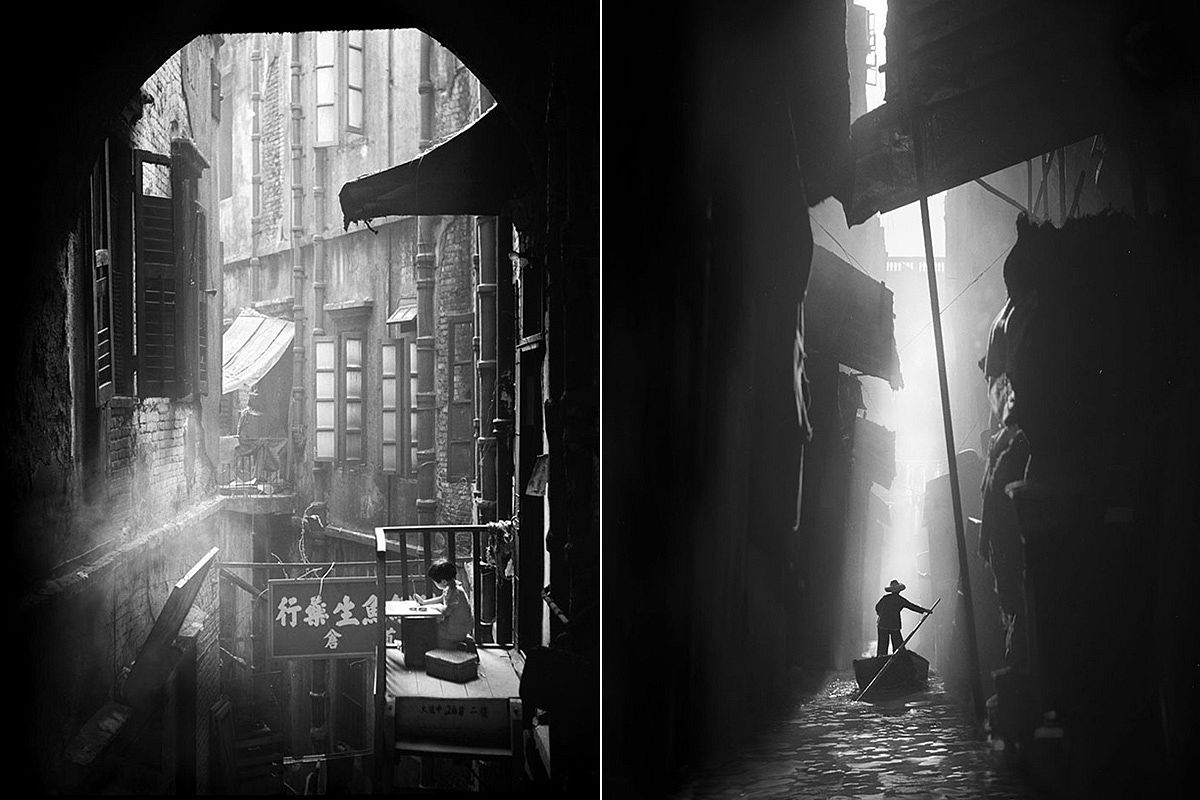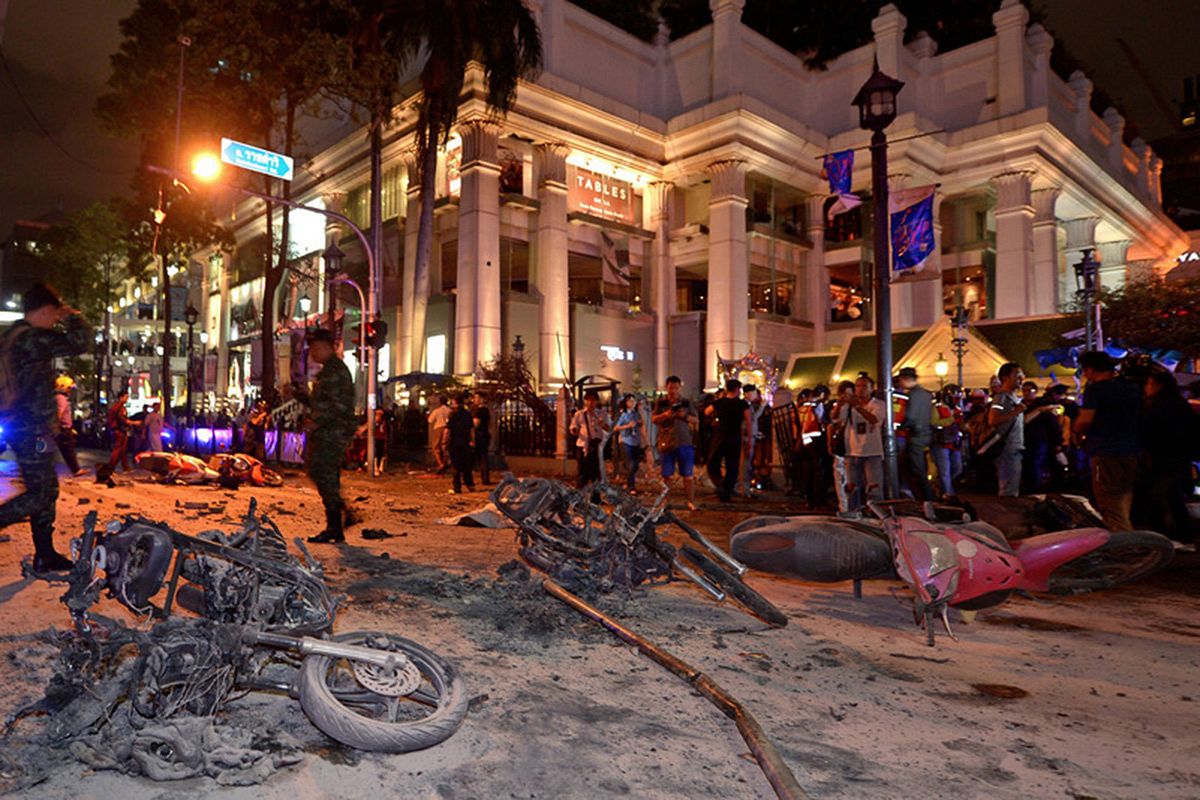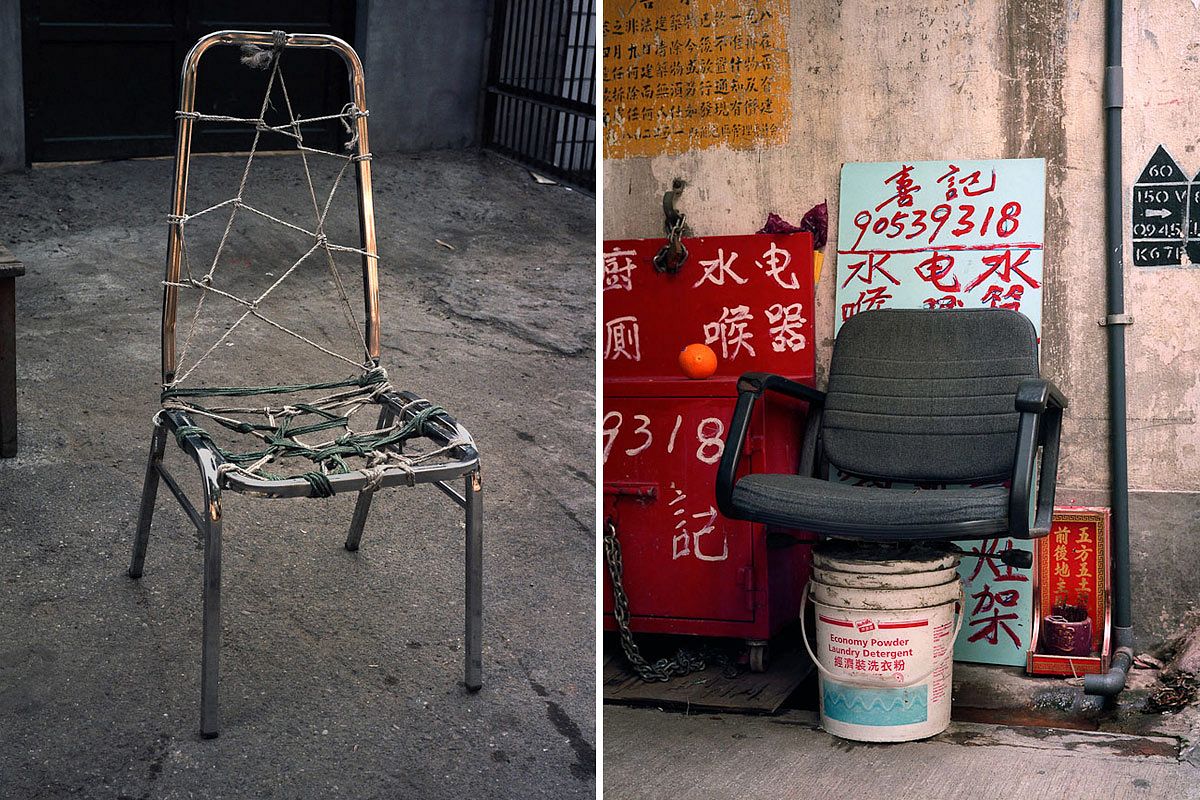Last weekend thousands thronged the streets of Tokyo to join Japan's largest Rainbow Pride parade to date.
Rainbow flags and banners flew over Shibuya's Yoyogi Park on Sunday at the finale of the 2017 Tokyo Rainbow Pride, reports Japan Times. This year's event, first held in 2012, saw a record 6,000 marchers gather to show support for LGBT rights in Japan.
“I believed that nothing would change. But, little by little, things are starting to change,” the event's flyer read, quoting an anonymous individual. “Let’s achieve a future where everyone is respected as an individual, despite differences in sexuality.”
Although Japan has yet to legalize gay marriage, progress has been made in recent years to give LGBT individuals more rights. In 2015 Shibuya Ward, where the parade took place, began to issue certificates that allow same-sex couples to visit their hospitalized partner and to rent apartments together.
“I find it important to create an atmosphere in which all LGBT people, not just couples but also children and adults, can feel comfortable living,” wrote Ken Hasebe, mayor of Shibuya Ward, on the event's website.
Other cities in Japan, such as Sapporo, are following Shibuya's lead.
Social acceptance of LGBT individuals seems to be improving too, though the latest report on the issue by Amnesty International notes that discrimination is still common in Japan, especially in rural areas.
“My company is very tolerant of LGBT people. A consultation program is available for anyone whose sexuality makes them feel uncomfortable among their coworkers,” H.U., a gay participant in the parade who wished to be referred to by his initials, told the Japan Times.
Research conducted in 2016 by the NGO Human Rights Watch also reveals that Japanese students want to learn more about LGBT issues, sexual orientation and gender identity in their curriculum.
On the other hand, the Japanese government is now recognizing gender-based harassment in schools as a traumatic concern and recently amended its "Basic Policy for the Prevention of Bullying" to include gender and sexual minorities – a move that was applauded by rights activists.
[Photo via Time Out Tokyo]














